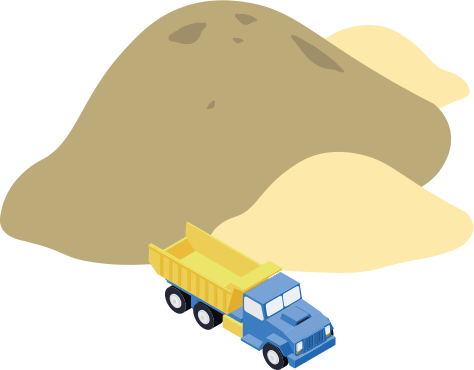Machine learning is on the rise, and thinking about how it relates to SEO can be intimidating. In fact, depending on your approach to SEO, thinking about the impact of machine learning on the practice could be a little stressful.
Those who have aggressively implemented a strong content marketing strategy may have less to worry about than others. And with good reason. Though, with any possible influence on ranking factor, we can only speculate.
But, before we get to the nitty-gritty on what could change with the rise of machine learning, let’s answer this basic question: What is the relationship between machine learning and SEO?
We’re not going to go super in depth here, and cover every which way machine learning can/will impact the future of SEO. We won’t even talk about what your strategy should look like. From a distance, we can tell that machine learning improves Google’s capabilities by increasing the efficiency of their data collection and improves on their ability to interpret and react on that data.
If you really want to dig deep on machine learning, you might find this free course helpful.
How will Machine Learning Impact Links + Link Building?
This is an area where machine learning can have the most impact for Google. This increased ability can play a key role in one major area of link evaluation: filtering out the spam. And, as we mentioned above, this is the main reason why those who have concentrated their efforts on building informative content have the least to worry about.
In the past, Google’s engineers would have to create lists of low quality sites in order to manually block their link juice, and would have to program specific characteristics of a bad link based on their previous experiences, or do some other fancy programming work.
With machine learning, all this complicated and grueling grunt work falls to the wayside.
Yes, the starting point will be the same. The difference lies in what the machine can learn; it can start to pick up on patterns and devalue links from sites that fit the criteria established from what the machine learned from other spammy sites.
How will Machine Learning Change Content for SEO?
To understand how this new data gathering feature can impact content marketing, we should first consider the work Google has been doing on translating content.
This tells us about Google’s ability to read and understand what content says. Soon enough, the best thing you can do for your site’s SEO is churn out high-quality content and let the search engine take it from there.
To this effect, the role of an SEO specialist will be transformed from one that focuses on ranking for specific keywords to one that hones in on satisfying user intent; meaning, our main goal will change from optimizing content for keyword rankings to optimizing it to meet the needs of our visitor.
Lastly, How Will Machine Learning Change Technical SEO?
I’ll just come right out and say it – the technical SEO landscape hasn’t changed in quite some time. But, we’re definitely in for some changes in the near future.
Cindy Krum, the person to watch on the subject, put it best: Instead of focusing on a mobile-first experience, we should instead direct our attention toward a portable-first experience. Meaning, content should easily be extracted from your design and technical structure, making it easily accessible anywhere, anytime.
So, What Do We Do Next?
Well, for starters, remember that this is Google. We’ll never have a clear answer on when and to what degree machine learning will impact rankings. At this point in time, I definitely can’t advise throwing away all other aspects of your marketing strategy to focus on content only – but I wouldn’t argue against upping your content marketing game.








